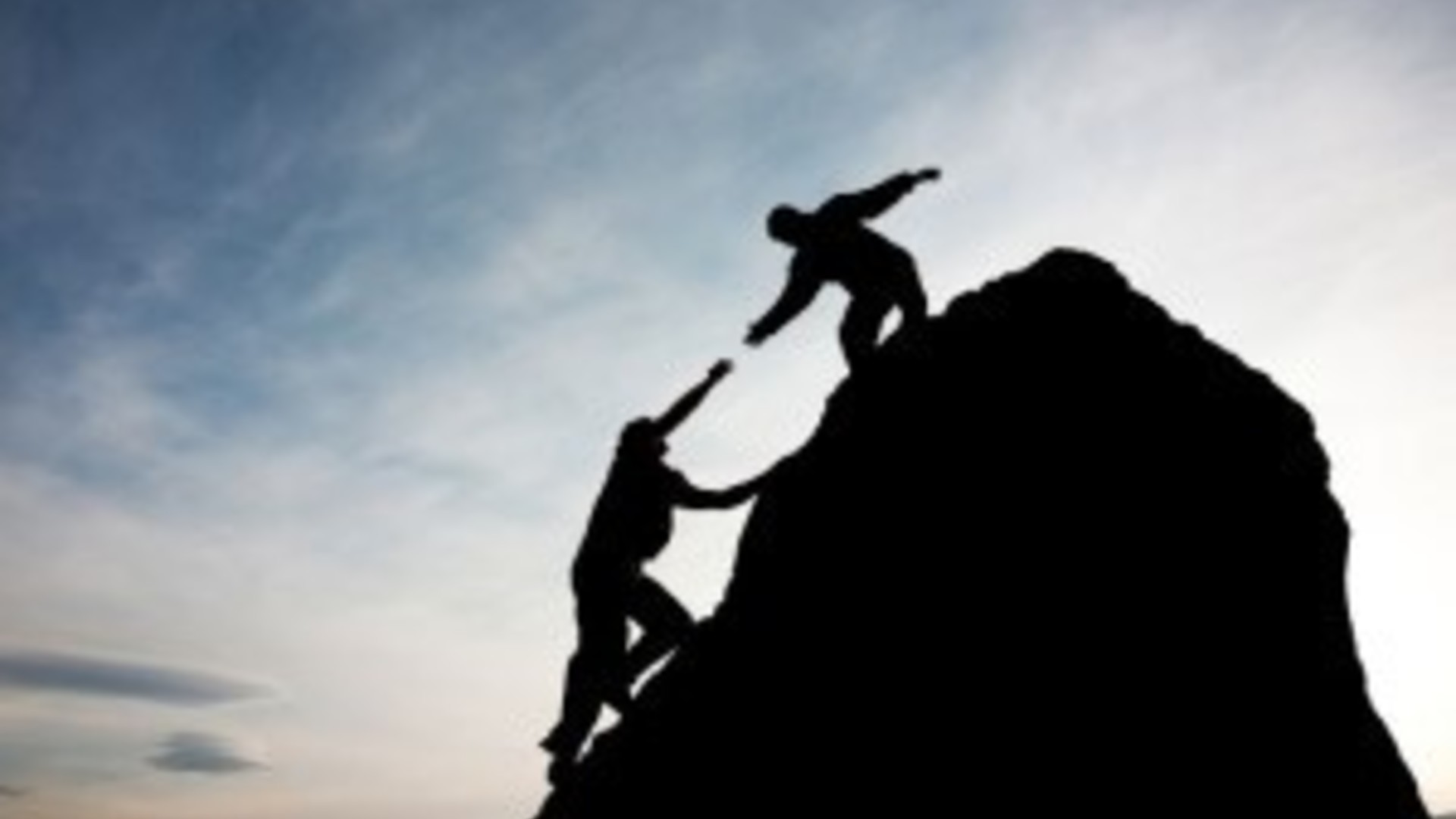What do the above things have in common you ask? Shockingly and sadly, quite a bit. Yesterday was world suicide prevention day. A lot of talk across social media and other communications around looking for and recognizing the signs of distress, depression, someone who seems disoriented or confused or generally "not themselves".
If you work for a large organization, you, the leader, have probably had some kind of training around recognizing these signs, or you have received a tool kit to train your teams on what it means to be "Not myself today".
Depending upon where you work, these concepts are still new in the workplace and most people don't have the same comfort level in discussing whether you are the employer, the Leader, the Manager, Business Owner or the employee themselves. Most teachers and leaders feel ill-equipped to handle a situation if it arises. sadly it is more likely to be "when" it arises and not "if" it arises.
It is a sensitive and challenging topic to address. You know I'm never going to back down from a tough conversation, so I think we need to talk about this one today.
The statistics are both alarming and revealing about the culture we find ourselves in. To stick your head in the sand and not address this is just irresponsible. Mental Health issues are an epidemic in our culture today and the stats, just around short and long term disabilities alone, tell a story.
However, like any other sensitive topics, it's the people who put on the brave face and show up every day, who may not be effective in their work but are at their desk in the seat, who are falling apart inside, who are the unknown victims. They could be your spouse, your kid, your parent your friend or your co-worker as well.
Why did I bring 9-1-1 into this conversation? I sure remember what 9-1-1 did to the office I worked in 18 years ago today. The entire organization came to a screeching and eerily silent halt. A colleague called me from one of my satellite locations and said: "if they hit the CN tower we are all dead". There was mayhem in the Financial District. The world changed forever at 11:00 AM when terrorists drove planes into the Twin Towers in New York City and into the Pentagon. Air space was immediately closed and 38 planes were diverted to Gander Newfoundland. The recent success of Come From Away, tells the story of the people who found themselves in Gander, frightened and not knowing what was happening in the world, as well as the story of the unending capacity of a group of Newfoundlanders to provide shelter, a safe haven, true Newfoundland hospitality, and love. The way that these terror attacks changed the world and put us all on notice to start to understand the capacity of evil in the world was offset by the truth that the human spirit and the kindness of strangers are far more powerful. Yet, how did this one-day change all of us and what did it do to the mental health of so many friends, family members, first responders and people who were just glued to their Televisions for weeks following these events?
Further, do you know what drama and trauma some new Canadians have had to go through just to get here? Some have come through horrific experiences of escapes, and refugee camps, starvation, torture and who knows what else?
If you were born in Canada, you have a privilege that you are probably not even aware of. The position of privilege should not be taken lightly and we are all responsible to seek to understand what others around us have been through and how we can help them.
The trauma of many, not to mention other terror attacks on schools, communities, concerts etc, has changed the way that human nature thinks, relates to others, how people make decisions around where they will go and when and sometimes in extreme cases, whether they will even go out at all.
The world we live in is changing rapidly. What are some of the great things you can do to address the issues of community in the workplace? What can you do to address the stigma around mental health issues? Have you educated yourself on how to recognize someone who is "not themselves today"? Do you have a protocol with your teams for looking out for one another?
What safety and security do your team members have to come forward with a concern about themselves, a family member or a co-worker? Do these issues become an elephant in the room?
There are many resources that are provided by Government agencies, large insurance companies etc who provide training for groups and leaders. I'm not going to tell you what is good and what is not.
What I will say is that building community and compassion into your culture is a huge step forward in ensuring that no one falls through the cracks. No one knows what another co-worker is dealing with.
The stressors today far outweigh the stressors of even 10 years ago. Social media is not helping either, with everyone posting their perfect life, food, kids, etc, when in reality, no one has a perfect life.
You, as the teacher, the leader have an obligation to build into your culture a framework and a safety net for your people, oh and by the way, what are you doing to look after your own mental health and well being?
Bell implemented the "Let's Talk" day in 2011, it occurs on January 29 each year. I applaud them for this and submit to you that talking about these issues one day a year is not enough.
Do you need help to open up this dialogue in your workplace? I look forward to hearing from you if you do.
If you liked this blog, please share.

